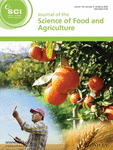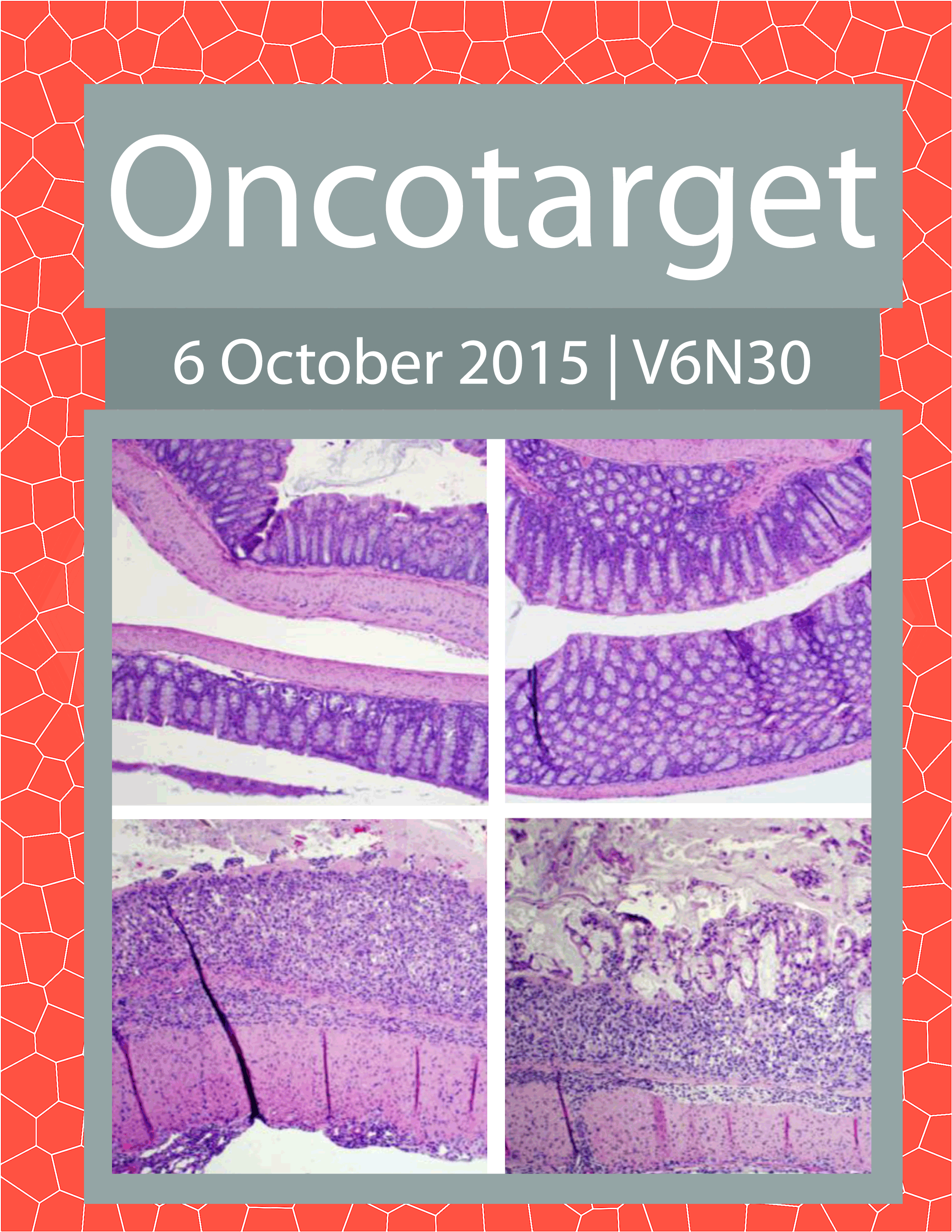Urothelial Cancer
How to submit an article:
- Registered users can submit any published journal article that has a unique DOI (Digital Object Identifier) name or link to Research Hub.
- For example, you can paste the full DOI link:
https://doi.org/10.1109/5.771073or just the DOI name:10.1109/5.771073into the field above and click submit. - The person who is first to submit a valid article to Research Hub will forever be credited for it, and every article submission earns you +6 Research Points.
Published research studies are articles that present the findings of original research that has undergone a peer-review process and has been made publicly available in scholarly journals, books or other media.

Carrot and carotene and multiple health outcomes: an umbrella review of the evidence
2023 Jan 17 Journal of the Science of Food and Agriculture Yi X, Li J, Liao D, Peng G, Zheng X, Xu H, et al.
Review Article Cataracts Carotene Lung Cancer Carrot Anticancer Stomach Cancer Breast Cancer Alzheimer's Disease Urothelial Cancer SunburnCarrot and carotene consumption could diminish the risk of a wide range of negative health consequences, including multiple types of cancer.

Carrot intake and incidence of urothelial cancer: a systematic review and meta-analysis
2017 Aug 03 Oncotarget Luo X, Lu H, Li Y, Wang S
Systematic Review Meta-Analysis Carrot Urothelial CancerHigh consumption of carrots is associated with a reduced risk of urothelial cancer.
Research insights are moderated by the Research Hub team and offer an at-a-glance overview of interesting research findings.

2023 Journal of the Science of Food and Agriculture
Carrot and carotene consumption could diminish the risk of a wide range of negative health consequences, including multiple types of cancer.
Review Article Alzheimer's Disease Anticancer Breast Cancer Carotene Carrot
Carrot and carotene and multiple health outcomes: an umbrella review of the evidence
Yi X, Li J, Liao D, Peng G, Zheng X, Xu H, et al.

2017 Oncotarget
High consumption of carrots is associated with a reduced risk of urothelial cancer.
Systematic Review Carrot
Carrot intake and incidence of urothelial cancer: a systematic review and meta-analysis
Luo X, Lu H, Li Y, Wang S
Review Articles
Review articles summarise and critically evaluate the current state of research on a specific topic or field by synthesising multiple primary research studies.

Carrot and carotene and multiple health outcomes: an umbrella review of the evidence
2023 Jan 17 Journal of the Science of Food and Agriculture Yi X, Li J, Liao D, Peng G, Zheng X, Xu H, et al.
Review Article Cataracts Carotene Lung Cancer Carrot Anticancer Stomach Cancer Breast Cancer Alzheimer's Disease Urothelial Cancer SunburnCarrot and carotene consumption could diminish the risk of a wide range of negative health consequences, including multiple types of cancer.

Carrot intake and incidence of urothelial cancer: a systematic review and meta-analysis
2017 Aug 03 Oncotarget Luo X, Lu H, Li Y, Wang S
Systematic Review Meta-Analysis Carrot Urothelial CancerHigh consumption of carrots is associated with a reduced risk of urothelial cancer.
Clinical Trials
Clinical trials are research studies that involve people and are conducted to evaluate the safety and efficacy of new treatments or interventions, such as drugs, medical devices, or behavioural therapies.
Study Protocols
Published study protocols are detailed plans that outline the objectives, methodology, statistical analyses, and organisation of a research study that have been made publicly available for others to review and use as a reference.
Presentation Slides

Review Article
Carrot and carotene consumption could diminish the risk of a wide range of negative health consequences, including multiple types of cancer.
Yi X, Li J, Liao D, Peng G, Zheng X, Xu H, Zhang T, Ai J

Systematic Review
High consumption of carrots is associated with a reduced risk of urothelial cancer.
Luo X, Lu H, Li Y, Wang S
Executive Summary
Write an executive summary in the form of a blog article on the topic of "Research into Chinese medicine treatment for Urothelial Cancer" summarising the research below and using language that can be easily understood by patients and avoiding medical jargon using a professional and caring tone of voice.
Write an executive summary in the form of a blog article on the topic of "Researched Chinese medicine treatments for Urothelial Cancer" summarising the research below in an objective and easy to understand way, and using language that can be easily understood by patients. Group the article into Chinese medicine treatments first, followed by nutrition and other treatments. Avoid using medical jargon and use a professional and caring tone of voice.
Write me a concise but easy to understand executive summary on the topic of "Chinese medicine treatments for Urothelial Cancer" based on the following research that I will give you. Your summary should be 2 paragraphs long in Australian English spelling and include references to the studies.
A Review Article published in 2023 in the journal Journal of the Science of Food and Agriculture found that Carrot and carotene consumption could diminish the risk of a wide range of negative health consequences, including multiple types of cancer. An umbrella review methodology was adopted to identify connections between carrot and carotene intake and various health outcomes. We turned to databases such as Web of Science, PubMed, and Embase to find the needed data. The analysis included the collected evidence from both interventional and observational studies that focused on carrots, carotene, and any related health impact. To estimate the summary effect size for each correlation, both random and fixed effects models were employed. The study reviewed a total of 1329 studies and utilized the data from 30 meta-analyses with 26 health outcomes that fit the eligibility requirements. These featured outcomes related to various types of cancer, fractures, age-related cataract, sunburn, and Alzheimer's disease. The associations were analyzed between the health outcomes and the intake of carrots, intake of carotene, and serum carotene levels.
A Systematic Review published in 2017 in the journal Oncotarget found that High consumption of carrots is associated with a reduced risk of urothelial cancer. The methodology for this meta-analysis comprised of a comprehensive search across databases like PubMed, Web of Science, Scopus, EMBASE, Cochrane register, and Chinese National Knowledge Infrastructure. Studies up till January 2017 regarding the correlation between carrot intake and urothelial cancer risk were evaluated. The selected studies included four case-control studies and two cohort studies, six in total. The combined odds ratio for the highest versus the lowest intake of carrot was computed to measure risk correlation. The results showed a notable reduction in the risk of urothelial cancer for individuals with high intake of carrots. However, significant heterogeneity was observed among the included studies. Additionally, there was no substantial publication bias found by applying both Begg's test and Egger's test. Even in the light of the observed heterogeneity and limited studies, the key conclusion points towards high carrot intake as a potential contributor to lower urothelial cancer incidence.
Moderation Tools
Topic
Sign In
Users not signed in are limited to viewing the 5 most recent items of content.